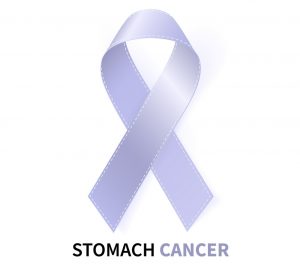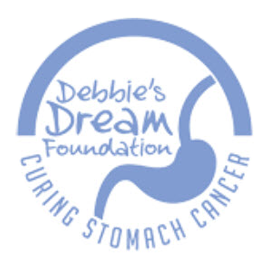
Illinois Stories
Kristin Fitzgerald – Naperville My husband Ray Fitzgerald was a long-time Illinois Delegation staffer for Rep. John Shimkus and Governor Jim Edgar. Originally from Chicago, Ray was universally respected and liked by staff and members of Congress from both sides of the aisle. Ray was diagnosed with advanced Stage IV stomach cancer in May of 2008 at the age of 36. Ray and I fought his cancer valiantly, and, as a former Congressional staffer myself, I sent daily updates to the Capitol Hill community updating them on Ray's progress and asking for their prayers and support. Ray died in January of 2009, leaving behind three young daughters (ages 6, 3, and 1). Since that time, my girls and I have been strong advocates for cancer research, testifying before the House Energy and Commerce and Appropriations Committees and working with the National Cancer Institute to prioritize this deadly and under-researched cancer and prevent the deaths of other young dads like Ray. In the 7 years since Ray died, we have been so happy to see Congress include stomach cancer in the PRCRP, and TCGA. However, so much more needs to be done to ensure that beautiful children like mine do not have to grow up without their dad.
Crystal Griest -Illinois
Four. That is the number of my family members who have died of stomach cancer. Two of which I was never able to meet, including my grandmother, which caused my mom to grow up in an orphanage with her siblings. The other two were my aunts, whom I watched die at a young age, which in return left their daughters to grow up without a mom in their pivotal teenage years.
Three. The current number of family members who have recently found out they have the CDH1 genetic mutation increases our risk of stomach cancer in our lifetime by 80% by just having the gene. My mom, myself, and my 21-year-old daughter face tough decisions to make because of this knowledge. My other family members are also at risk. Still, they don’t fully understand the depth of this situation and think I am ridiculous for considering radical decisions recommended by set guidelines.
Two. Just two. This is the number that goes back and forth in my head. I have two choices with this genetic mutation. I can monitor and hope that if I develop cancer, they catch it on time or two, remove my whole stomach and learn how to live a new way. These choices do not come easily with young children at home, with my changing my career, with the risks associated with either option. There isn’t enough knowledge and research to know what to do because funding and knowledge are limited.
One. I am just one person. You don’t know me, and chances are you will never meet me. But, I do not give up easily. I am the one who got the State of IL to make November “Stomach Cancer Awareness Month.” I am one person asking you to bring more funding to this research so that ONE day, this issue will be a thing of the past for my younger kids and future generations to come.
Linda Grush - Western Springs My husband, Eric, was diagnosed with stage 4 stomach cancer at 38. Shortly before this diagnosis, he experienced sharp back pain and reflux-like symptoms. A large tumor was found when he had an endoscopy. Eric was a partner at the law firm Sidley Austin and an avid athlete competing in triathlons and races. He was healthy in his dietary habits. Most importantly, he was a loving father. At the time of Eric’s diagnosis, his daughter Ella was age 6, and his son, Adam, was age 3. Eric faced stomach cancer with incredible determination. Over almost three years, he endured chemotherapy, partial removal of his stomach, other surgeries and participated in Phase I and Phase II of a clinical trial. He did have genetic testing done but did not have any of the genetic markers associated with stomach cancer at that time. His fight ended on July 26, 2013. It did not feel like a fair fight as there was no warning. Ella and Adam have been deeply affected by the loss of their dad. There is a great need for screening tools and continued research to more effectively treat stomach cancer.
